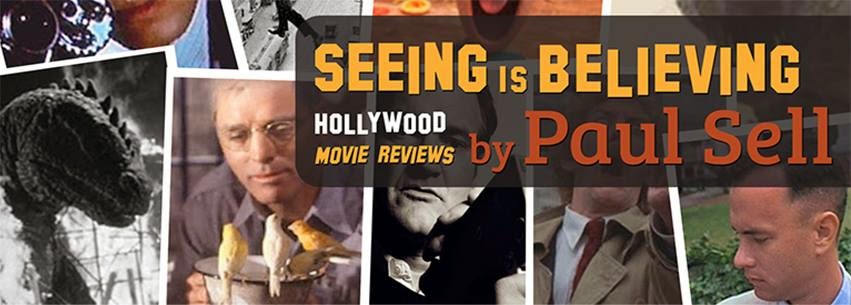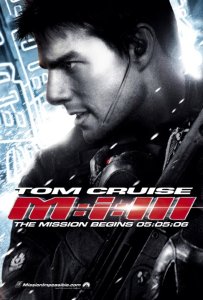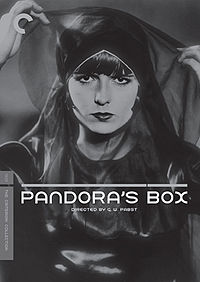
"Primal Fear" is an exception to my dislike of courtroom dramas, because of the harsh urban landscape that this film paints and its ever-present sense of right and wrong.
In this film, where an altar boy (Edward Norton) is on trial for allegedly murdering a well-known priest and a high-profile defense attorney (Richard Gere) takes his case and gives the boy every opportunity, there is always this looming presence of a corrupt city that Gere's character, Martin Vail, is doing his best to fix. Shot in Chicago, we only ever see the broken landscapes of the city, including burnt husks that remain of buildings, giant holes in street and an entire decrepit neighborhood that was bought by the church, only to see half of it get torn down and the other half still standing, as if to remind the town who has power in this neighborhood.
The people's attitude reflects this landscape - harsh, blunt, prone to attack and uncaring. These people have very little to believe in, so they can't even bring themselves to stand up for more than a cheap meal. The media is relentless, always asking for more information about the killings and terrible things happening around town so that everyone can be reminded of how awful people can be.
This makes Vail's struggle so fascinating. He's a man who will take a case, not because of the money or fame (though that certainly does help), but because he believes in the justice system. He feels that everyone is innocent until proven guilty, and his clients are never guilty. Vail's goal is to give this dying city something to hold on to, and remind them that this world does not own them.
"Primal Fear" becomes less about a courtroom case and more about saving an innocent life.
Of course, part of the reason this film is so memorable is due to its twist ending, which I won't dare spoil here. Let's just say most courtroom dramas don't have a twist ending, and even though I knew it was coming I was still shocked to see everything unfold like it did.
If you're looking for a different kind of courtroom drama and want some great suspense out of it, give "Primal Fear" a shot.
Final Grade: B+













